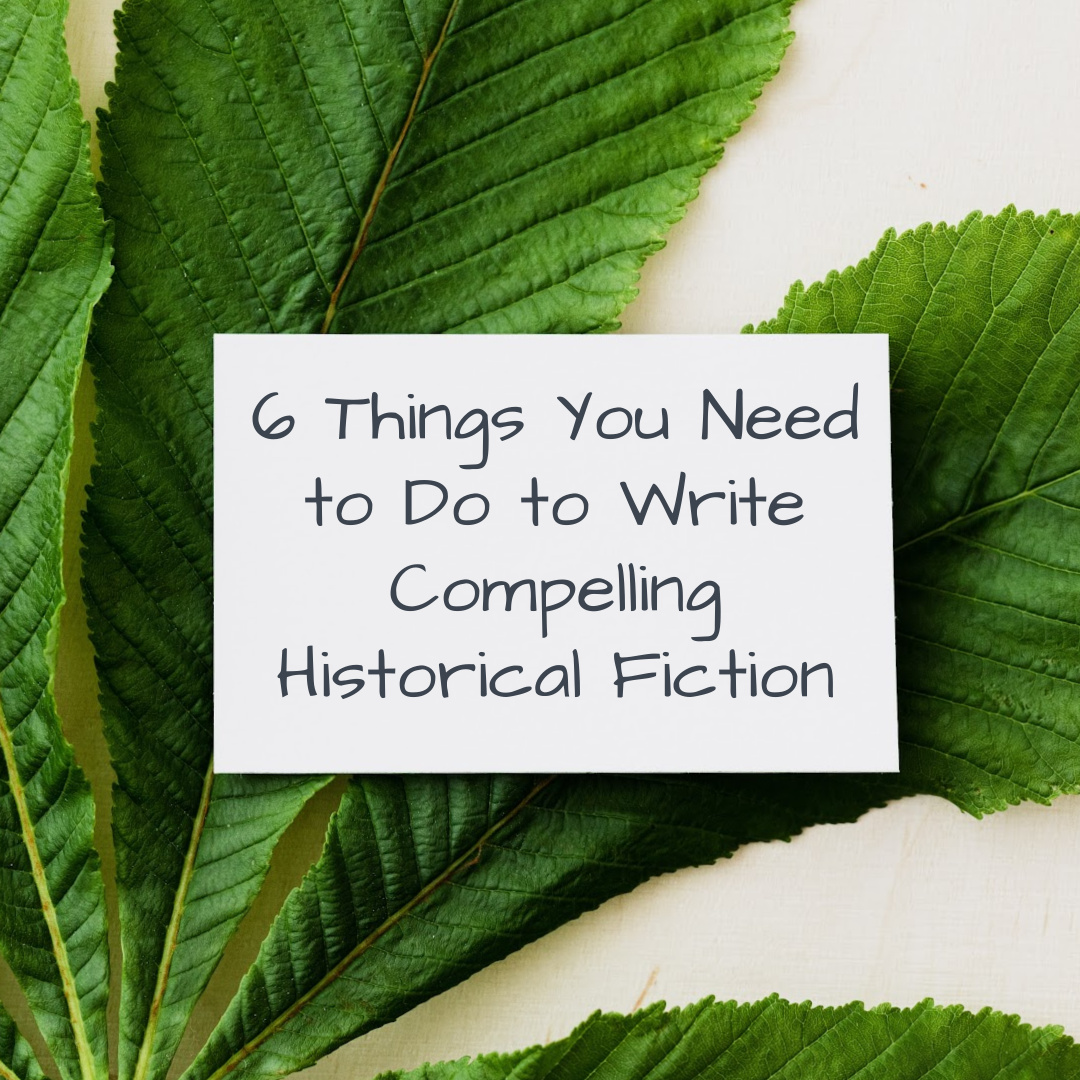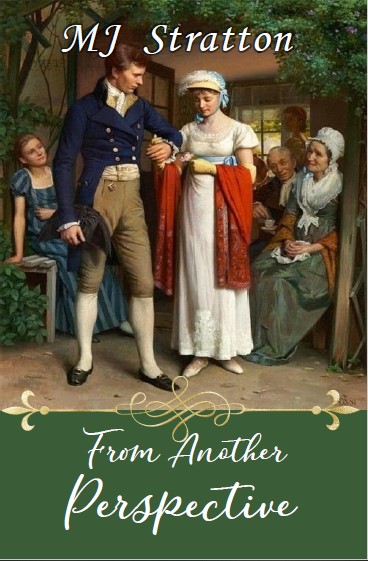I was recently approached by the lovely M J Stratton who writes historical fiction about sharing her new book, From Another Perspective, with you all. Of course I said yes – I love supporting and sharing other authors – but I was also a little bit cheeky and decided to pick her brains about writing historical fiction as it’s something I have never really dabbled in and I am fascinated by the process.

Below you will find M J’s top six pieces of advice on how to write compelling historical fiction:
Make Sure Your Details Are Correct for the Time Period You Are Covering
Be familiar with the time period you are writing in. There are plenty of historical fiction books out there that don’t keep within the time period they are written in. I believe that keeping things historically accurate, both in the technology and the speech patterns, is the difference between a good historical novel and a great one. When there are too many modernisms or historical inaccuracies, it pulls the reader out of the story.
Paint Your Readers a Picture of the World
Be descriptive. Many people are not familiar with things like clothing design during historical time periods. I find that when an author describes things in great detail, it adds a lot to historical fiction. I recently beta read a novel with such rich descriptions of the gowns that I could see them clearly in my mind and was left wishing that the author could get illustrations of the designs done to add to the book.
Add Sensory Detail to Your Writing
Add sensory detail. Believe it or not, including rich writing that describes sensory detail is very important. It pulls the reader deeper into the story and builds the world in their mind. Famous fantasy writer J.R.R. Tolkein was almost too good at this; his description allowed Peter Jackson to create a very accurate world in his Lord of the Rings films due to the detailed writing of the author.
Use the Style of Dialogue of the Times to Add Interesting Layers to Conversations
Dialogue. Conversations between characters are absolutely necessary when writing historical fiction. We tend to be more casual in our speech patterns these days; they weren’t during Jane Austen’s life. I love that quote from the 1995 Sense and Sensibility; “Keep your conversation restricted to the state of the roads or the weather.” I think My Fair Lady had a similar line.
General niceties were part of the social structure for years. You asked after the family, commented on weather, the roads, etc. As a result, people had to be more creative when they wished to communicate. Thus, the language of the flowers and the language of the fans was born. Also, the drawing room conversations were filled with double meanings. A writer can use these tools to add interesting dialogue to the plot. Inner dialogue is also important.
Keep the Plot Engaging
Keep the story moving forward with a compelling plot. I think that a lot of writers (myself included) get hung up on making sure all of their details are historically accurate, and this can cause the plot to suffer. Like all good fiction, the storyline needs to keep moving forward in a strong, believable way. Most readers are willing to sacrifice a few historical inaccuracies if the story isn’t dragging on and becoming tedious.
Make Sure Characters’ Morality Fits the Period They Are In
Don’t attempt to assign out-of-place modern morality to historical characters. I see a lot of critical reviews where readers attempt to apply our modern views to the characters in a historical novel.
For example, in my first book, Lydia’s sister Lizzy attempts to matchmake for her sister just a year after her husband dies. Wickham was abusive in this novel, and at least one reviewer thought Lizzy was cruel for not allowing Lydia to heal more first. In the Regency era, and many years after that point, for that matter, marriage was what women did. The idea that Lydia would marry again, and as soon as possible, would not have been too out of place for the time. True, she did not need to marry, but it wasn’t out of the norm for her to do so.
Many of our more modern views would be considered quite radical during the regency years. Mary Woolstonecraft was considered a radical with her book The Vindication of the Rights of Women, and many of her views are right in line with our views of today.
Another great example is Colonel Brandon and Marianne in Sense and Sensibility. A man marrying a much younger woman was fairly common during that time. In our modern views, it can be a little off putting, but understanding that it isn’t out of place for the time is different than disapproving of the practice. People often married their cousins, too. We know now due to our understanding of genetics that doing so is a bad idea. But when I write historical fiction, I understand that such things did take place. I have seen cases where authors manage to meld modern morality with period appropriate actions; as long as it fits and doesn’t detract, go for it.
Thank you M J! I really enjoyed learning more about the process of historical fiction, particularly the clever layers of the dialogue.
Now onto a few details about From Another Perspective, M J’s new book:
Blurb from the Back Cover
The events of Pride and Prejudice are well known by those familiar with Jane Austen’s work, but what would we see if the minor characters told the story?
What were Mrs. Hill’s thoughts on the heir to Longbourn?
How did Anne de Bourgh feel about her cousin’s fascination with the guests at the parsonage?
Did Mrs. Younge willingly help Mr. Darcy find Wickham?
From Another Perspective follows the events of Pride and Prejudice as seen through the eyes of some of the lesser players found in the novel, along with some others of the author’s own creation.

To potentially win a copy of the book, click here.
And to pre-order your copy now, click here.
A Little Bit About M J
MJ Stratton is a teacher turned writer. She lives in rural Utah with her husband and three children. MJ has written for years and finally published her first book last September. Her love from Jane Austen began at a young age when she read Pride and Prejudice. Lost in Austen was the first Austenesque fiction she encountered and she has been in love ever since. Along with writing, MJ loves to sew, cook, grow her garden, and tend her chickens.

The sensory point is a good one. I think I overlook that sometimes
Yeah I think it’s something that often gets forgotten